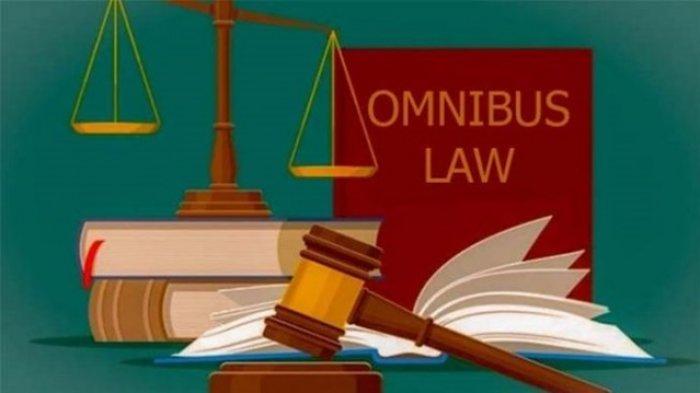Job Creation Law Increases Job Opportunities
By: Robert Kamindra) *
The establishment of a PT (Limited Liability Company) can now be done without requiring a notary deed. This convenience applies to new legal entities formed by the government through the Job Creation Law, namely individual companies with limited liability (sole proprietorship with limited liability).
So far, the establishment of PT Wajib has been carried out with a notary deed and a minimum of 2 managers. Namely commissioners and / or directors. But in this individual company, one is enough without the need for a commissioner.
Previously, the government had enacted 49 derivative regulations on the Job Creation Law. One of them is government regulation (PP) Number 8 of 2021 concerning the company’s authorized capital and registration of establishment, changes and dissolution of companies that meet the criteria for micro and small businesses.
The provisions related to PT without a notary deed are contained in the PP. So that now, a PT can be established simply by filling out the statement of establishment form electronically.
However, this does not mean that this policy will negate the role of notary deeds. Because notaries are expected to be able to assist those who will set up individual companies electronically.
This of course counters the notion that the government is tormenting the people with the Job Creation Law. This is because this regulation has the aim of eradicating overlapping regulations, especially regarding licensing.
The government also has a breakthrough so that the regulations written in the Job Creation Law can make it easier for entrepreneurs to build a limited liability company (PT). One of the points made easier is the creation of a PT with no minimum capital.
Minister of Cooperatives and SMEs, Teten Masduki stated that his party wants in the future, MSME players can be connected to banking institutions, including connections to taxation and BPSJ.
He said that another transformation that was considered important had become a target, namely on how to transform from the informal to the formal sector. Therefore, we really provide the ease of licensing in the omnibus law of the Job Creation Law.
This needs to be done so that the business activities of MSME actors can continue and then they get better income.
Teten said, the Job Creation Law, his party would provide all incentives to enable MSMEs to transform from informal to formal.
We need to know that the problem of Indonesia’s high cost economy is not only experienced by large manufacturing businesses, but also occurs at the level of MSMEs.
The complexity of the bureaucracy and lengthy licensing actually has an impact on opening up opportunities for a high cost economy and business uncertainty.
Furthermore, Teten explained that MSMEs in Indonesia are not designed as a supply chain. So that access to finance is still relatively heavy even though there is a lot of financing for MSMEs.
He also hopes that by building supply chain-based MSMEs and cooperatives through encouraging partnerships with large business actors. According to Teten, this is very important.
On a different occasion, Minister of Home Affairs (Mendagri) Tito Karnavian explained the role of his ministry in the Job Creation Law, namely in the administrative cluster. He guarantees that the Job Creation Law will make it easier for permits to start a business.
Tito emphasized that local governments still have the authority to administer business permits. However, the mechanisms and procedures for making business licenses are cut to a minimum.
He said that the current administration system is quite complicated, it can even take months. The former National Police Chief compared the length of time processing permits in Indonesia with other countries, which was completed in a matter of hours.
If abroad, permits can be completed in just a few hours, in Indonesia licensing can take months, this is because the bureaucracy forces entrepreneurs to get recommendations from various parties so that it seems like they are being tormented when processing them.
Tito also said that his party would identify types of businesses whose license procedures were simplified. The identification of this type of business is expected to be completed next month according to President Joko Widodo’s direction.
One of the derivatives of the Job Creation Law is the simplification of the types and procedures of doing business in the regions, which means that there will be government regulations to inventory and identify types of businesses that must be simplified and the procedures like.
Thus, the Job Creation Law is a policy that supports accelerated economic development with various formulas that are able to facilitate the creation of employment opportunities.
) * The author is active in the Semarang Public Literacy Forum
